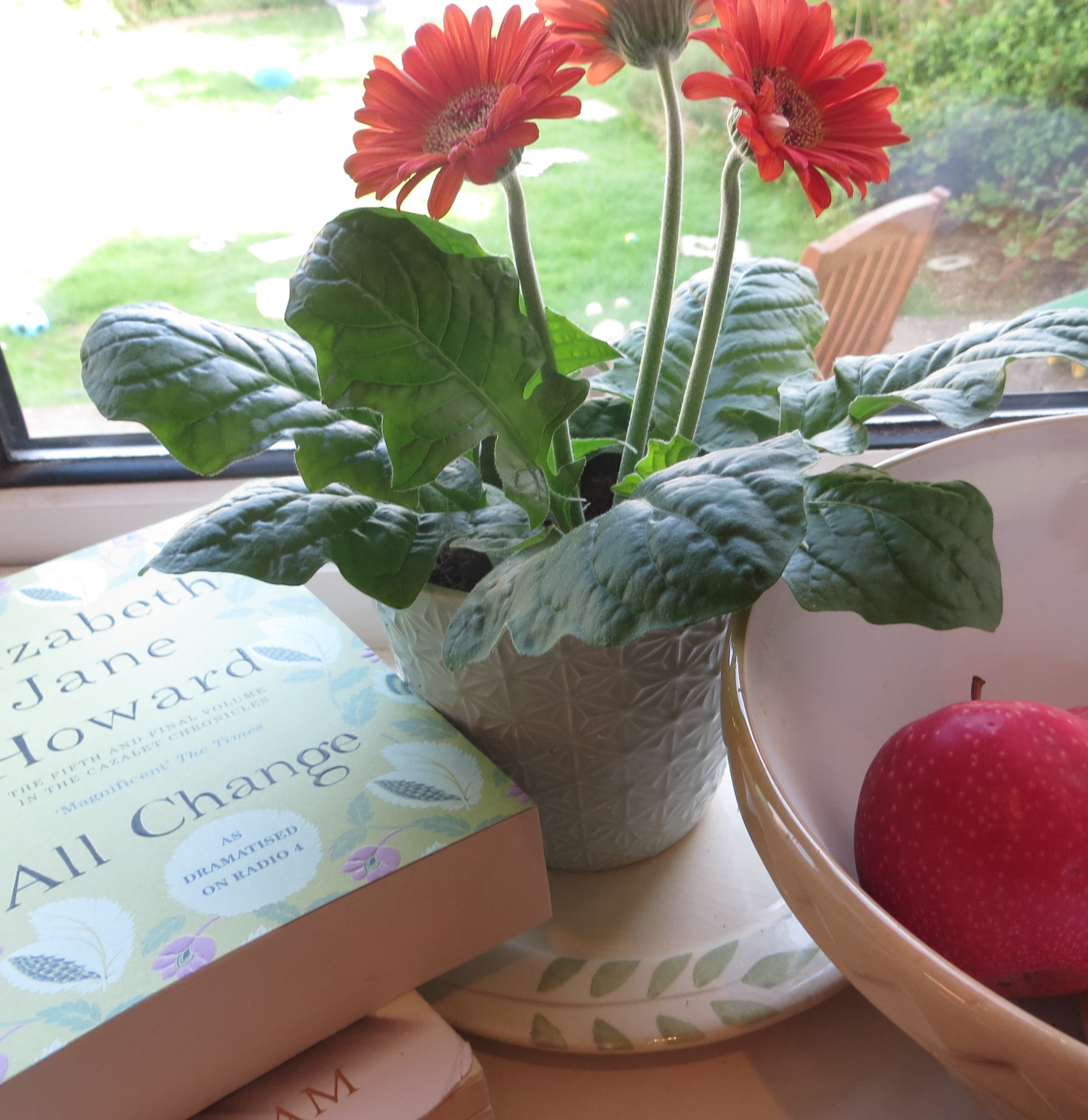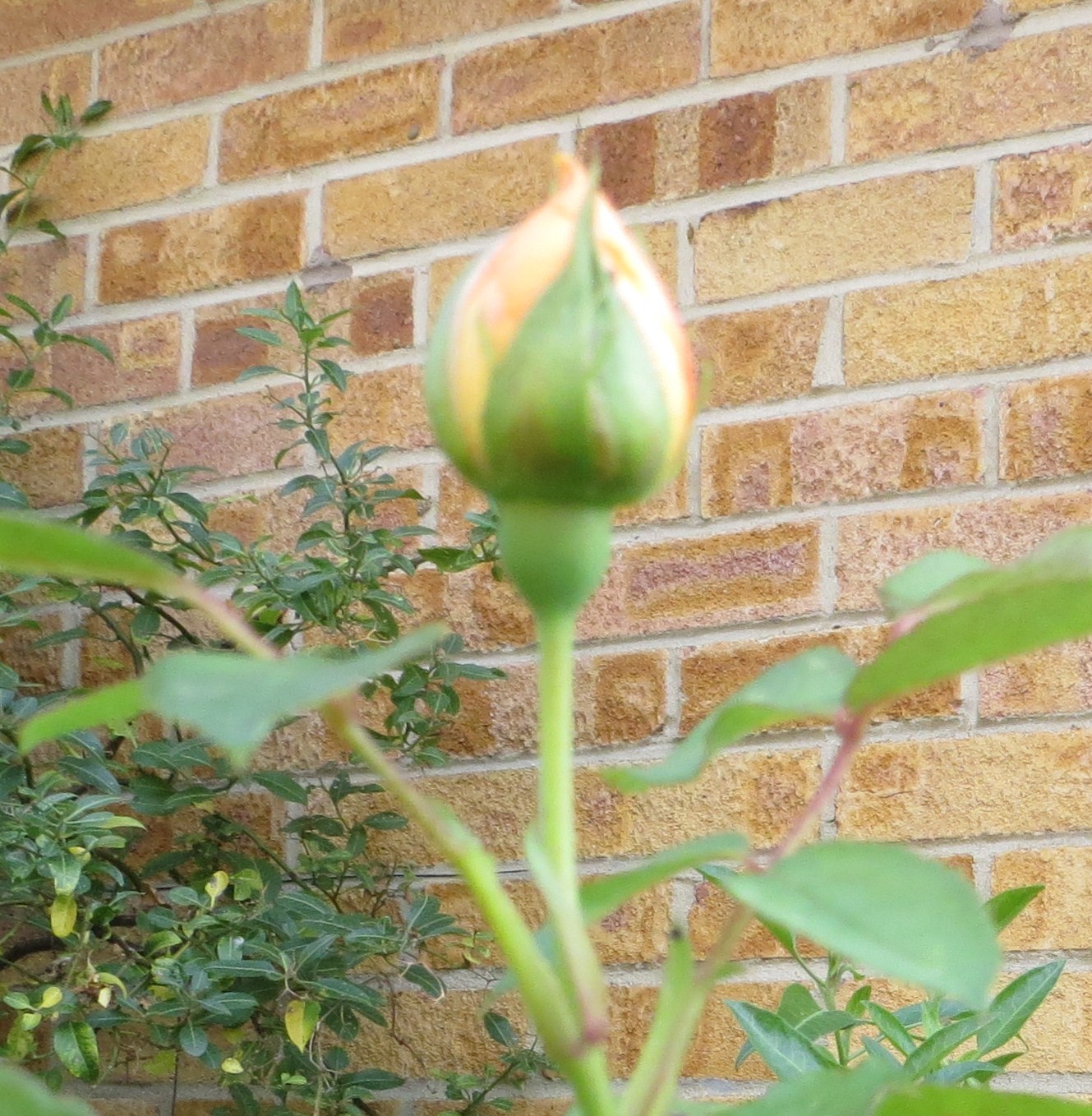 Before I got started on Elizabeth Jane Howard’s Cazalet books I thought they might be too cosy and cream bun-ish for me. But then enough people sang their praises to prompt me to try them, and they turned out to be much sharper and darker than I’d anticipated.
Before I got started on Elizabeth Jane Howard’s Cazalet books I thought they might be too cosy and cream bun-ish for me. But then enough people sang their praises to prompt me to try them, and they turned out to be much sharper and darker than I’d anticipated.
Yes, there are dresses and dinners, but also: sex, sexuality, secrets, infidelity, betrayal, loyalty, unrequited love, requited love, grief, unwanted pregnancies, children who long for lost or absent parents, marriages of all kinds, the tension between duty and desire, and the long friendships of cousins. All that plus a portrait of an extended family as a microcosm of social change before, during and after the Second World War.
So now I have just one Cazalet book left, All Change. It’s always rather melancholy to approach the end of a series. After the first four Cazalet books I read Slipstream, EJH’s autobiography, and that’s what I wanted to blog about. Any writer’s autobiography is of potential interest to anyone who writes or is interested in writing, and this one offered up numerous insights that caught my eye.
Comfort reading… but not
Slipstream is comfort reading, of a kind – up to a point. It’s the story of a woman who survived acute maternal guilt and numerous difficult though interesting lovers to become what she wanted to be – a writer. There are lots of other writers in its pages, too, in various roles and relationships, including Kingsley Amis (to whom EJH was married for many years) and Martin Amis, her stepson – she gave him Pride and Prejudice and declined to tell him how it ended, so he had to read it for himself; he encouraged her to follow through on her idea for the Cazalet books. Here’s some of what Slipstream has to say about intuition, art, war, love, learning, the work and rewards of writing, age and truth.

On intuition, art, the war years and learning
‘Premonitions bring with them a sense of powerlessness and guilt – what can be the point of even half knowing something about which one seems able to do nothing?’
‘To sit for a painter was even better than being asked to turn pages of music for a pianist: it was being a kind of associate member of the arts, and I could think of nothing more desirable than that.’
‘The war hung over our heads, but we hardly referred to it. Glass fell reluctantly from the roof of the school studio, and was kicked aside by earnest, sandalled feet… We were selfish, preoccupied and, I think now, we simply didn’t understand what was going on, as we never considered it long enough to find out. Behind it all was the feeling that we’d be dragged into it eventually so we had a kind of greedy desperation to get every drop out of every second of the time we had left to pursue our own ends.’
‘Walking home, it was clear how very little I knew and how little I understood of anything I’d thought I knew. Even learning to type wouldn’t help me with his feelings, which meant that either education, as I’d thought of it, wasn’t education at all, or it was merely a preliminary, at its best, for something that was going to last for the rest of my life.’
On the preoccupation with love and wanting to write
‘Another reason that my novel took so long was my preoccupation with love. Love seemed to me the most desirable, the most important of human emotions. As far as sexual love was concerned, I was older but not much wiser. But every other aspect of love – intimacy, affection, being first in each other’s lives – I wanted, as much as I wanted to write. The problem of how to combine them was far in the future. I thought that if I could get love right, everything else would follow naturally. I don’t write this to imply I was unusual; most women feel the same in varying degrees, I think.’
‘Furthermore I was lazy with my writing; I’d not yet learned the kind of discipline necessary for serious work.’
‘There is a great difference between wanting to be a writer and wanting to write, and this isn’t always obvious in the salad days of a writer’s creative life, and sometimes never.’
‘I knew by now that a number of people regarded me as beautiful. But much in the way that rich people don’t want to be loved simply because they are rich, I didn’t want to be loved simply for my appearance…. I simply felt I was making a hash of it, and underlying that foggy conclusion lay the dread that I wasn’t anything else. I still had the desire to write, but depression leaks energy – like pain – and all that summer I couldn’t write.’

On the strange feeling of finishing a book and the knowledge of love
‘The feeling after completing a novel is for me like no other. It’s as though with the last sentence, I have released a great weight that falls away, leaving me so empty and light that I can float out of myself and look down at the pattern of the work I’ve made. I can see all at once what I have been pursuing in fragments for so long. It’s a timeless moment, a kind of ecstasy – a state of unconditional love – that has nothing whatever to do with merit or criticism. Of course it goes, dissolves into melancholy and a sense of loss. Parting with people one has been living with for so long and know so intimately is poignant; they are more lost to you than anyone you meet in life. They remain crystallized exactly where you left them. Altogether, it’s an occasion that makes one feel very strange for some time afterwards.’
‘I began to understand that love is neither a conditional business nor an ever-fixed mark by arrangement. People always know somewhere inside themselves if they are not loved. No gestures, talk, conciliation, pronouncements can prevail over that deep instinctual knowledge.’
‘This trip was a farcical failure… I was supposed to give a reading at Brentano’s bookshop at seven pm. When I arrived there was no audience.’
(of Doris Lessing) ‘We went shopping together, and I wanted a rather expensive jacket, and she said, “Go on. You’ve just finished your book, you can have a treat.”‘
On age, happiness and truth
‘…it’s often difficult to feel your age. Apart from the fact I wasn’t sure what this entailed, in many ways I didn’t feel my age. Like one’s appearance or handwriting, one retains an earlier impression of oneself and takes it for granted, no longer sees what one is.’
‘Nearly everyone I’d known who’d had cancer had died of it in the end. It was extraordinary how all my values shifted – as though I’d shaken a kaleidoscope and all the little segments, though still there, had made an unrecognisable pattern. Unhappy, lonely or a failure I might have been, but even those ingredients of my life now seemed precious – even desirable.’
‘On the ninth morning, I had to go into town to buy food, and suddenly – walking down the street to my house – I lightened completely as though, without warning, I’d emerged from a heavy fog into clear sunlight. I felt extraordinarily, irrationally happy.’
‘Liars destroy the currency of all words: there was no single fragment of truth I could hang on to.’
‘I’ve slowly learned some significant things – perhaps most of all the virtue, the extreme importance of truth, which, it seems to me now, should be continually searched for and treasured when any piece of it is found.’
